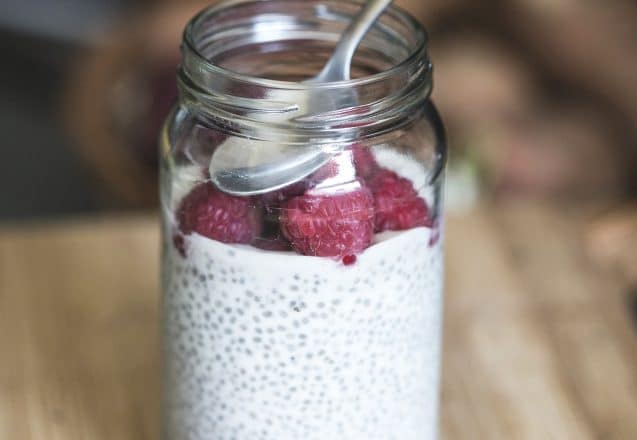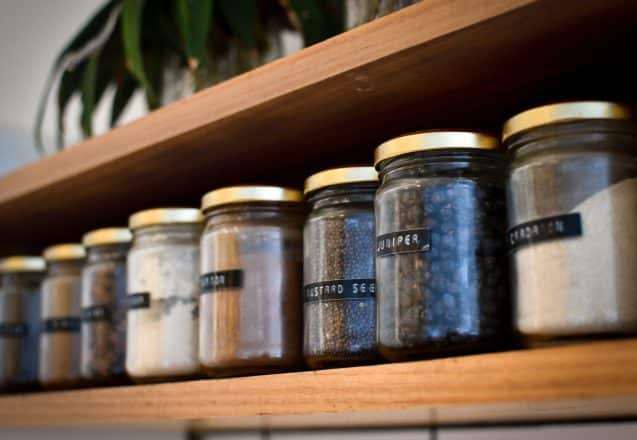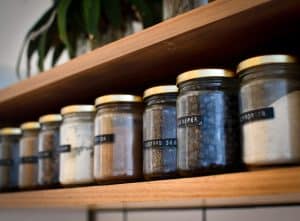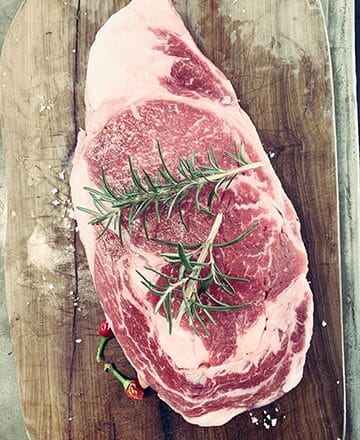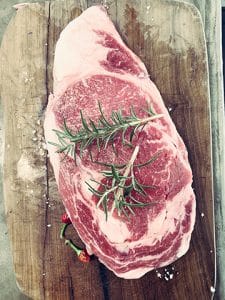Health Benefits Of Chia Seeds
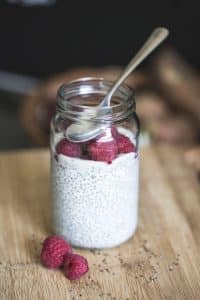 During the holiday season, you’ll often hear the sing-song words, “chah-chah-chah-chia” blaring through the television speaker accompanied by a picture of a terra cotta head with a healthy growth of green or a small terra cotta animal with green shoots of fur. Chia seeds are beneficial for more than a novelty gift. When you include them in your diet, they can provide health benefits. The Aztec, Mayan, and Tarahumara warriors used them as their only food when traveling. A small amount carried in a pouch could feed them for days.
During the holiday season, you’ll often hear the sing-song words, “chah-chah-chah-chia” blaring through the television speaker accompanied by a picture of a terra cotta head with a healthy growth of green or a small terra cotta animal with green shoots of fur. Chia seeds are beneficial for more than a novelty gift. When you include them in your diet, they can provide health benefits. The Aztec, Mayan, and Tarahumara warriors used them as their only food when traveling. A small amount carried in a pouch could feed them for days.
Chia seeds contain fiber, protein, omega-3 fatty acids, and vitamins.
Chia seeds are tiny and may not look like they pack much punch, but a small amount can fill you up, while also providing a wealth of nutrition. They also have anti-inflammatory and antioxidant properties. Just two tablespoons provide 8.7 grams of healthy fat, 4.7 grams of protein, and 11 grams of carbohydrates. The healthy fat includes 5 grams of ALA—alpha-linolenic acid—a heart-healthy fat. While there are 138 calories, the fat and protein make you feel full. Two tablespoons also provide 9 grams of fiber and a substantial amount of B1, B3, calcium, iron, magnesium, zinc, and phosphorus.
The ALA is heart-healthy and offers other benefits.
Much of the omega-3 in chia seeds is from ALA. ALA reduces inflammation throughout the body. It can help lower blood pressure and reduce the risk of cancer, heart disease, diabetes, and other inflammatory conditions. Inflammation even plays a role in weight gain, making it more difficult to lose weight. Chia seeds are higher in fiber, fat, and protein, so a small amount will keep you feeling full longer without adding extra calories. A six-month study using obese or overweight subjects showed including chia seeds in your diet could increase weight loss.
Chia seeds are easy to add to your diet.
You can use chia seeds to thicken soup instead of flour or corn starch. It boosts health benefits while providing a creamier texture. Chia drinks can be costly, but you can make your own. Combine water with chia seeds, then add juice or chopped fruit. Hydrate the chia seeds with fruit juice or flavored milk for another sweet treat that’s pudding-like, but healthier. Toss chia seeds into your smoothies. Grind them in a blender before adding and you’ll never know they’re in it, since chia seeds have to flavor on their own. You can also use ground chia seeds in bread, other baked goods, or breading for baked fish or meat.
- The fiber in chia seeds can help stabilize blood sugar. That can help reduce the risk of insulin resistance, prediabetes, and type 2 diabetes. It improves insulin sensitivity if you already have insulin resistance.
- The anti-inflammatory and antioxidant properties of chia seeds come from the caffeic acid they contain. It’s also found in turmeric, coffee, thyme, kale, and other healthy food. Besides reducing the risk of serious conditions, it can help prevent premature aging.
- You can add chia seeds to your diet without drawbacks or adverse reactions, providing only healthy benefits.
- Chia pudding is a sweet treat that will fill you up and keep you feeling full longer. Mix a tablespoon of chia seeds with ¼ cup of milk. Store in the refrigerator overnight. Add fresh fruit or a bit of honey to sweeten and nuts or coconut for flavor.
For more information, contact us today at Iron Fit San Antonio

